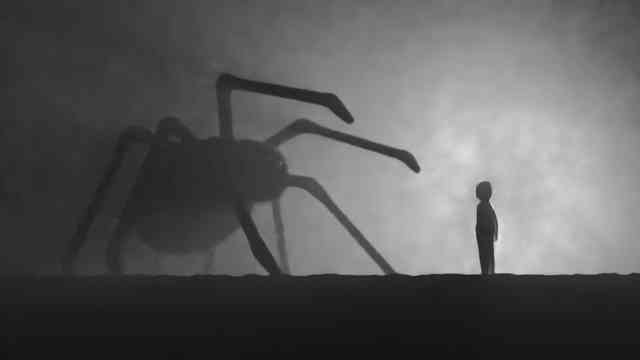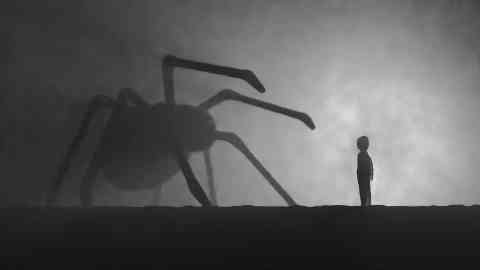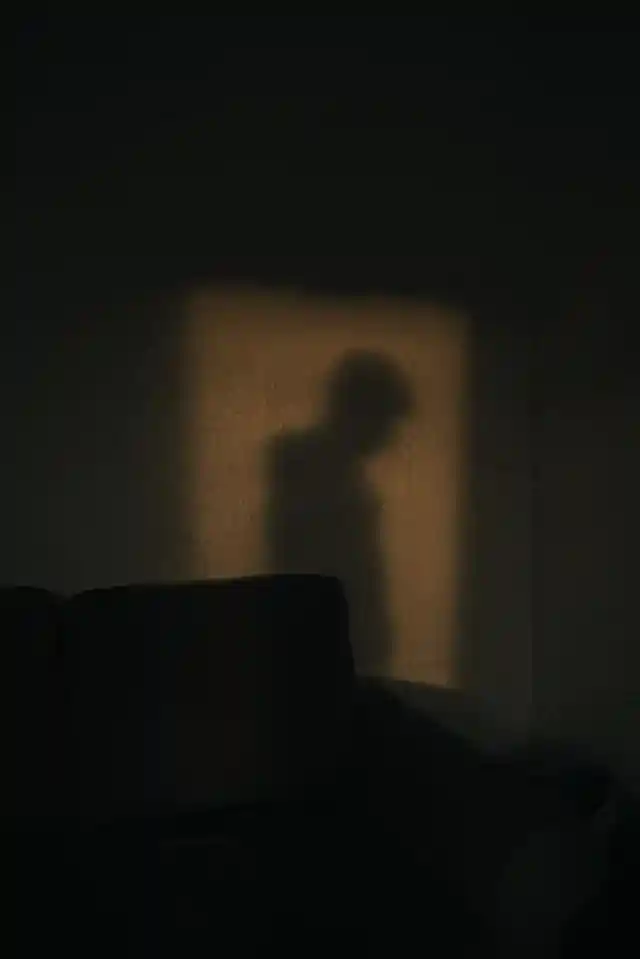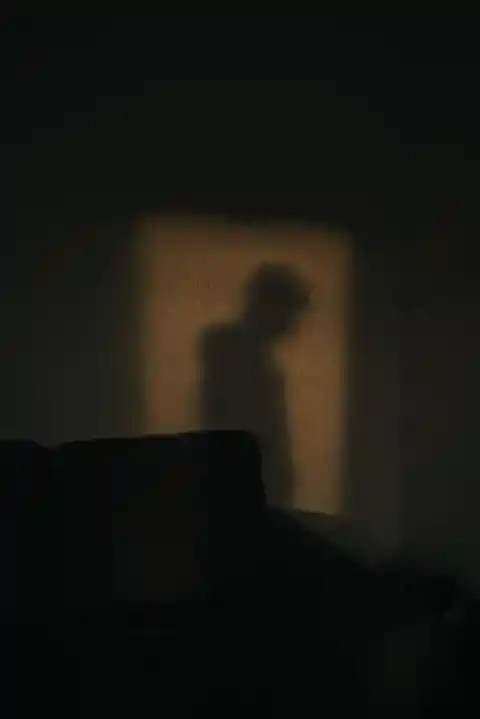When you feel scared, it is common to take leave of your senses. You might do things or say things that you would never normally consider. Fear can make us brave in the face of adversity; it can also make us do things we will regret for the rest of our lives. Fear is a natural biological response that we have been dealing with as a species since time immemorial. However, is fear natural?


According to science, fear is something that we have developed as a species over the years to make sure we survive. To help us make sure we could overcome predators, fear makes us think sharper. It makes us avoid danger, and ensures that we take necessary caution when we feel like we could be put under threat.
Where does fear come from?
The fear that we feel is a response that our brain sends out when we feel like we need to take immediate action. This is where ‘fight or flight comes in – do you take action and stand your ground, or do you live to fight for another day?


Interestingly, though, fear can often feel very adjacent to excitement. For some, fear is excitement. Our brains process fear and joy in much the same way – the reactions our mind develops to both issues, though, are contrasting in the extreme.
Part of our brain, the amygdala, is the part of the brain that processes our fear and breaks it down into tiers. Spotted a spider? Then your amygdala might kick in and produce minor emotions of fear. If you are faced with imminent danger, though, your body is given a huge flood of hormones to help us either stand your ground or flee to safety.
The hippocampus also plays a major role in managing and regulating our fear and our response. Once our body is aware of a threat, the hippocampus helps to try and formulate a strategy – it determines if we need to fight or if we need to flee.
So, fear is something that our bodies understand and naturally can regulate and account for. That is so important to know, as the nature of fear can leave us feeling like we have no control over our actions and response.